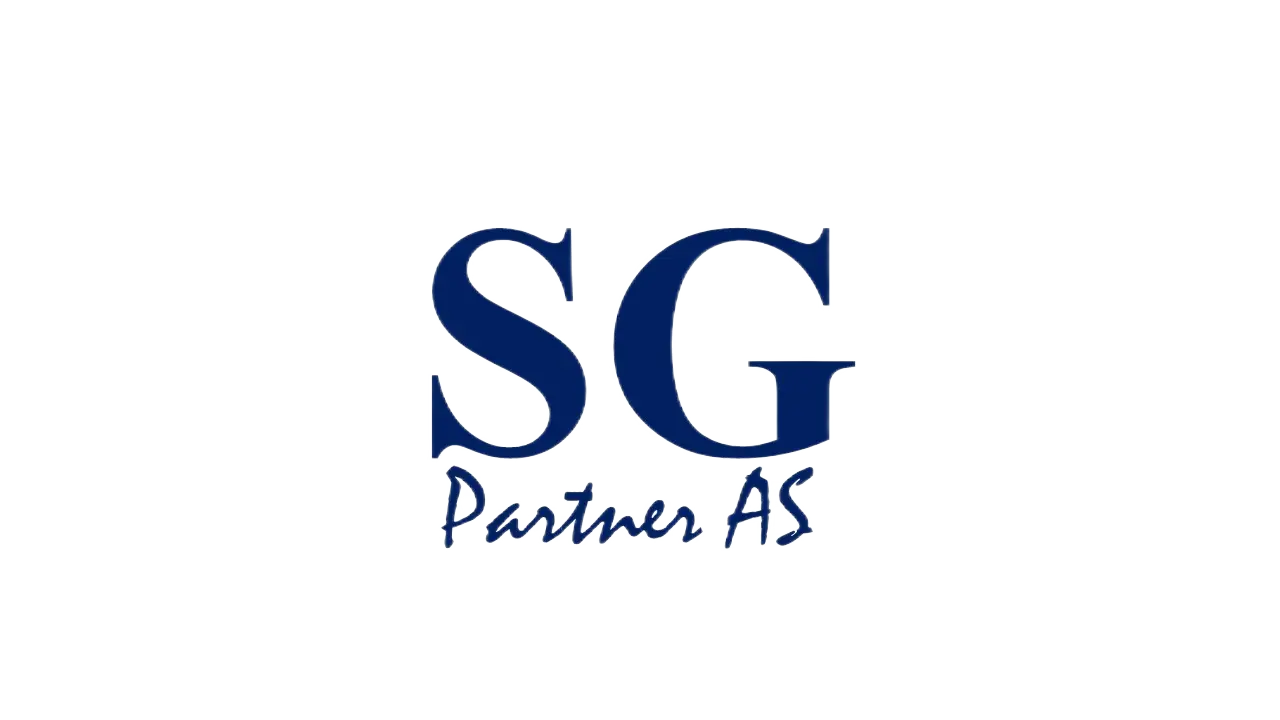COURSE OBJECTIVE:
• Identify basic interfaces used to manage the Check Point environment. • Identify the types of technologies that Check Point supports for automation. • Explain the purpose of the Check Management High Availability (HA) deployment. • Identify the workflow followed to deploy a Primary and solution Secondary servers. • Explain the basic concepts of Clustering and ClusterXL, including protocols, synchronization, connection stickyness. • Identify how to exclude services from synchronizing or delaying synchronization. • Explain the policy installation flow. • Explain the purpose of dynamic objects, updatable objects, and network feeds. • Understand how to manage user access for internal and external users.• Describe the Identity Awareness components and configurations. • Describe different Check Point Threat Prevention solutions. • Articulate how the Intrusion Prevention System is configured. • Obtain knowledge about Check Point's IoT Protect. • Explain the purpose of Domain-based VPNs. • Describe situations where externally managed certificate authentication is used. • Describe how client security can be provided by Remote Access. • Discuss the Mobile Access Software Blade. • Explain how to determine if the configuration is compliant with the best practices. • Define performance tuning solutions and basic configuration workflow. • Identify supported upgrade and migration methods and procedures for Security Management Servers and dedicated Log and SmartEvent Servers. • Identify supported upgrade methods and procedures for Security Gateways.
TARGET AUDIENCE:
Technical Professionals who architect, upgrade, maintain, and support Check Point products.
COURSE PREREQUISITES:
CCSA Training or Certification, fundamental Unix and Windows knowledge, certificate management experience, system administration and networking knowledge. TCP/IP Networking.
COURSE CONTENT:
Topics:• Advanced Deployments• Management High Availability• Advanced Gateway Deployment• Advanced Policy Configuration• Advanced User Access Management• Custom Threat Protection• Advanced Site-to-Site VPN• Remote Access VPN• Mobile Access VPN• Advanced Security Monitoring• Performance Tuning• Advanced Security MaintenanceExercises:• Navigating the Environment and Using the Management API
• Deploying Secondary Security Management Server • Configuring a Dedicated Log Server • Deploying SmartEvent • Configuring a High Availability Security Gateway Cluster • Working with ClusterXL • Configuring Dynamic and Updateable Objects • Verifying Accelerated Policy Installation and Monitoring Status • Elevating Security with HTTPS Inspection• Deploying Identity Awareness • Customizing Threat Prevention • Configuring a Site-to-Site VPN with an Interoperable Device • Deploying Remote Access VPN • Configuring Mobile Access VPN • Monitoring Policy Compliance • Reporting SmartEvent Statistics • Tuning Security Gateway Performance
FOLLOW ON COURSES:
Attend two Infinity Specialization courses and pass their exams to automatically become a Check Point Certified Security Master (CCSM).Attend four Infinity Specialization courses and pass their exams to automatically become a Check Point Certified Security Master Elite (CCSM Elite).• Check Point Certified Endpoint Specialist (CCES)• Check Point Certified Troubleshooting Administrator (CCTA)• Check Point Certified Automation Specialist (CCAS)• Check Point Certified Cloud Specialist (CCCS)• Check Point Certified MDSM Specialist (CCMS) • Check Point Certified VSX Specialist (CCVS)• Check Point Certified Troubleshooting Expert (CCTE)• Check Point Certified Maestro Expert (CCME)• Check Point Certified Cloud Network Security Expert for AWS (CNSE-AWS)• Check Point Certified Cloud Network Security Expert for Azure (CNSE-AZURE)
